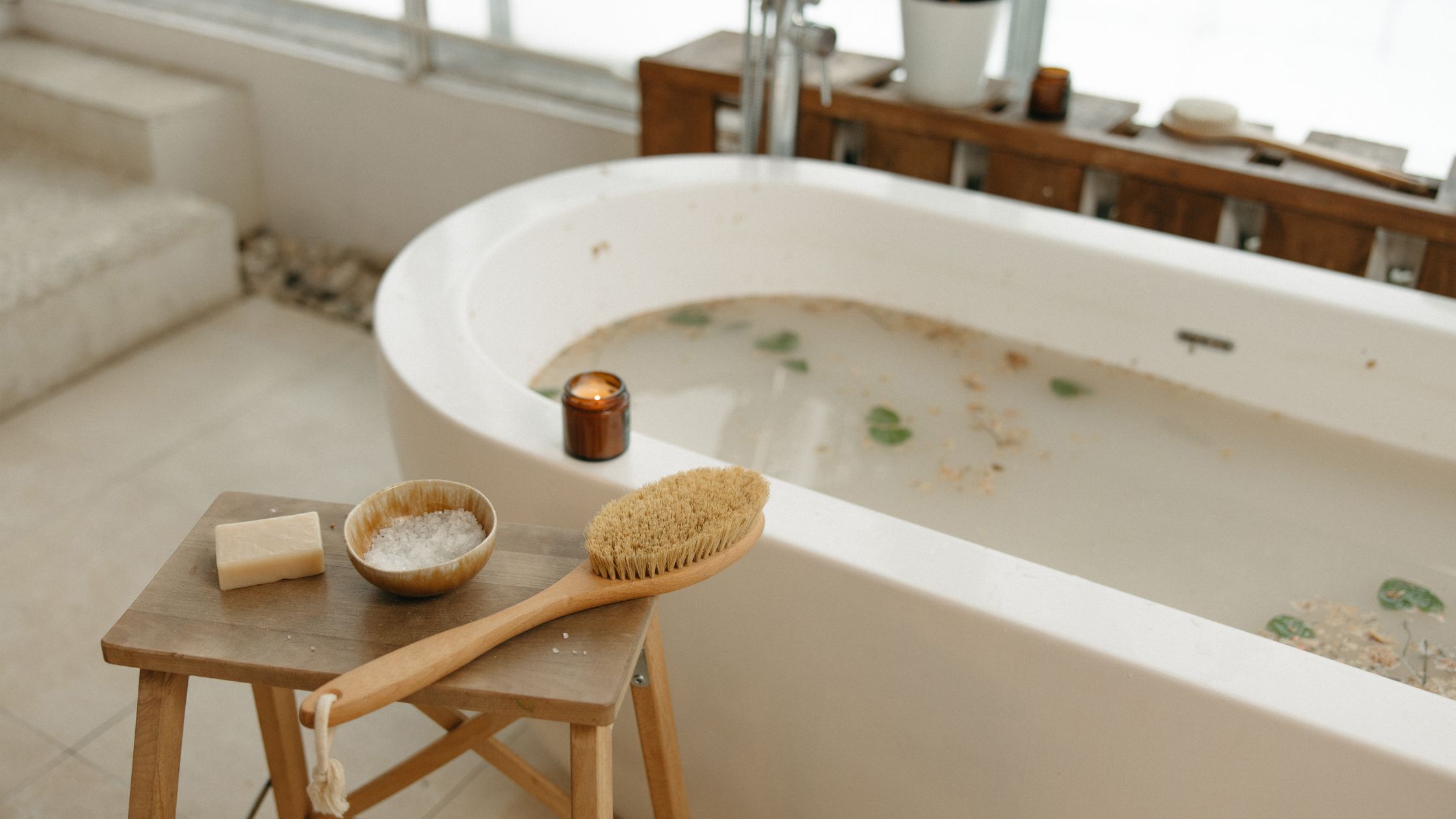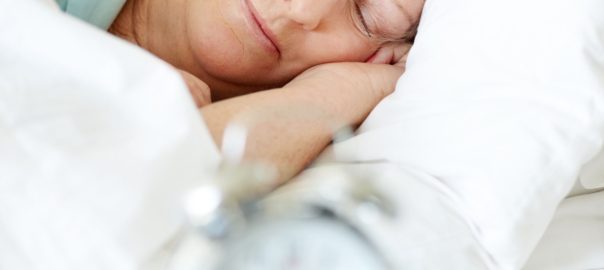We all need sleep. Unfortunately, the pace of modern life and the ability to extend daylight has taught many of us to develop very poor sleep habits. We've all seen the news reports that show how significant numbers of the population are suffering from a sleep debt, many are seriously sleep deprived.
There are reports that show how sleep deprivation can cause delayed reactions and slow or confused thinking. It can also have other significant impacts on your overall health and wellbeing. Getting back into a good sleep cycle with adequate sleep can help re-regulate your brain clock and improve some sleep-related health issues.
Sleep and heart health
What is sleep hygiene?
hy·giene (noun)
- Avoiding caffeine later in the day
- Go to bed at approximately the same time every night
- Don't watch television in bed
- Create a sleep routine that signals your body that it is time to get ready for sleep
- Have a dark, comfortable room to sleep
Nutrition and sleep
Holistic health sleep strategies
Detox bath
Occasionally we get overwhelmed and overstimulated as we go through our daily lives. This can make it difficult to sleep well at the end of the day. High energy output combined with an inability to refocus the mind often leads to a state of wakeful-seeming. Even though we are tired, we cannot shift our focus and calm down enough to sleep or we do not sleep deeply enough for restorative purposes.
One way to help relax the body and the mind is to take a detox bath. This bath is very soothing for many people and the addition of calming essential oils helps to support the transition to restorative sleep.
To make a simple detox bath combine the following ingredients and add them to a tub of hot water:
1 cup epsom salts
1 cup baking soda
3-5 drops of essential oil - choose either lavender, grapefruit, ylang-ylang, cedarwood, or sandalwood (note that lavender is not recommended for males due to its impact on hormones)
Soak for 20 minutes immediately before bedtime. This bath can be repeated up to twice per week.
Caution: Do not use this bath if you have other health conditions that might be severely impacted by immersion in a hot bath.
Avoiding blue light
Blue light is highly stimulating and can interfere with sleep. It is found in electrical devices, phones, game consoles, television, and the computer.
Blue light fasting can be very supportive for those with sleep issues. Start with a 60 minute fast (meaning no exposure) before bedtime. If needed increase this to 90 minutes before bedtime.
For those who are highly sensitive to blue light it may be necessary to block blue light earlier in the day using a lighter filter lens and then shift to a darker filter lens before bedtime.
While this does require the use of two different pair of glasses, having a two step system, such as blue light blockers, provides the graduated blocking filter that is more supportive for removing blue light and more conducive to good sleep.

